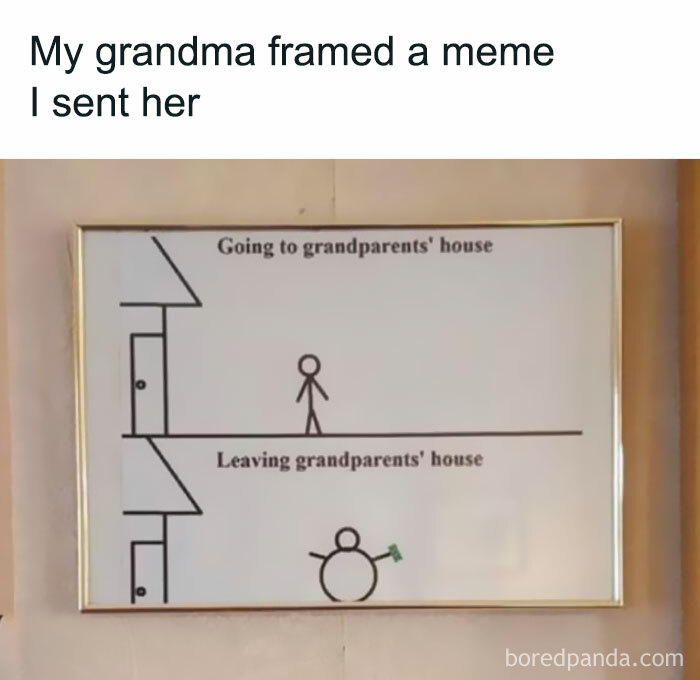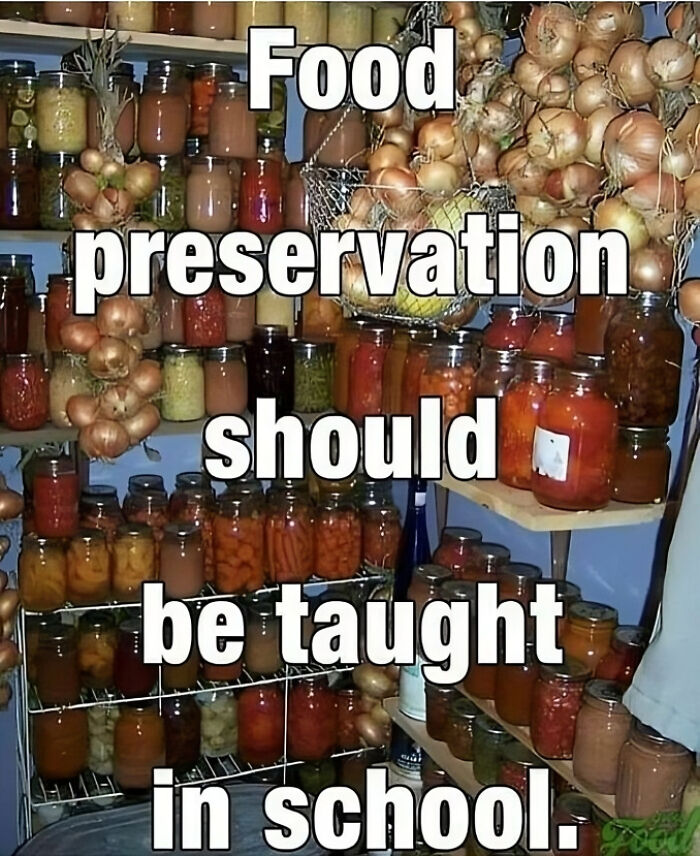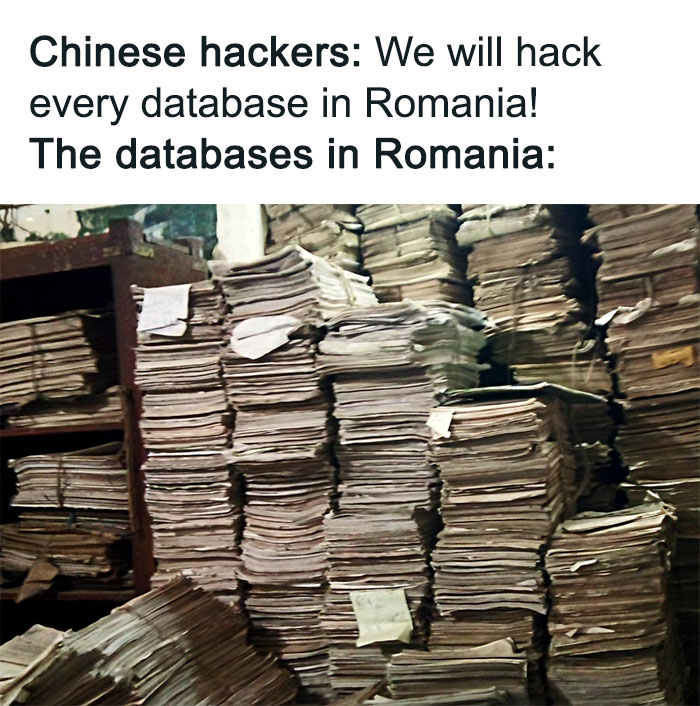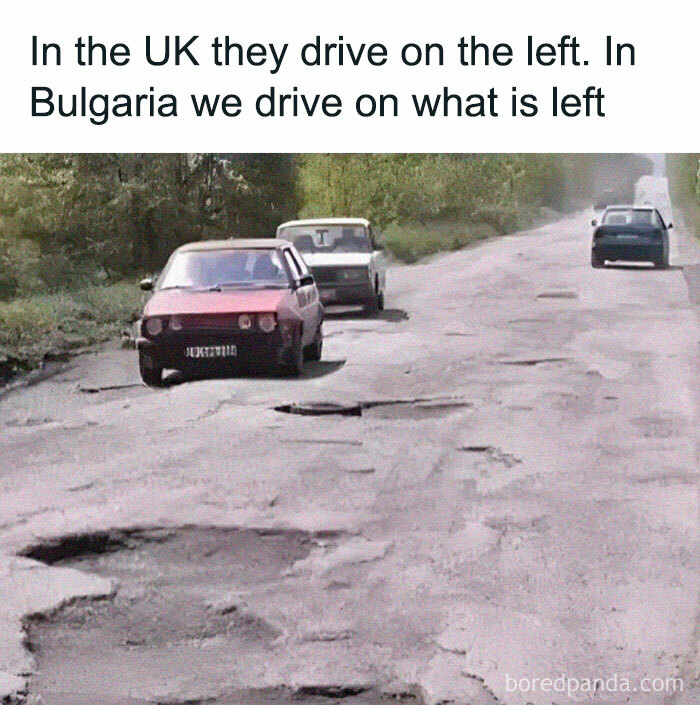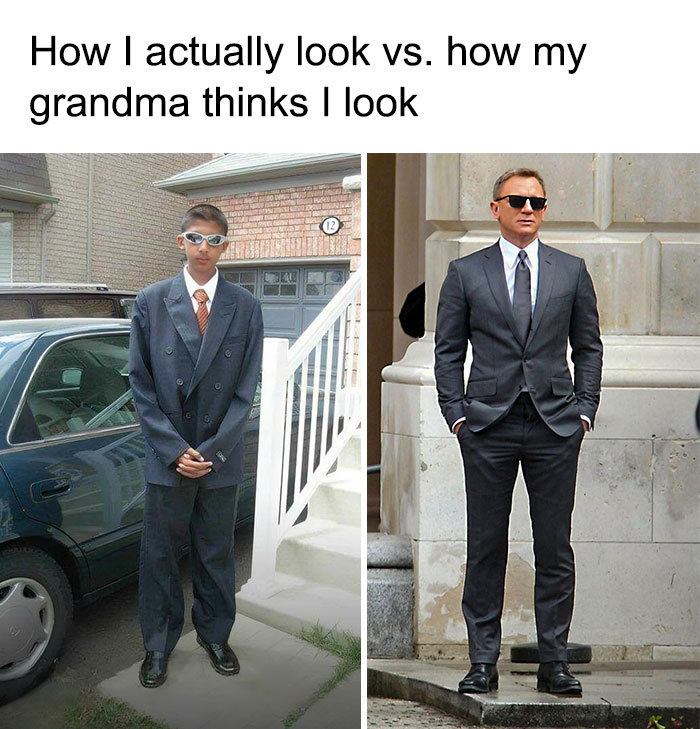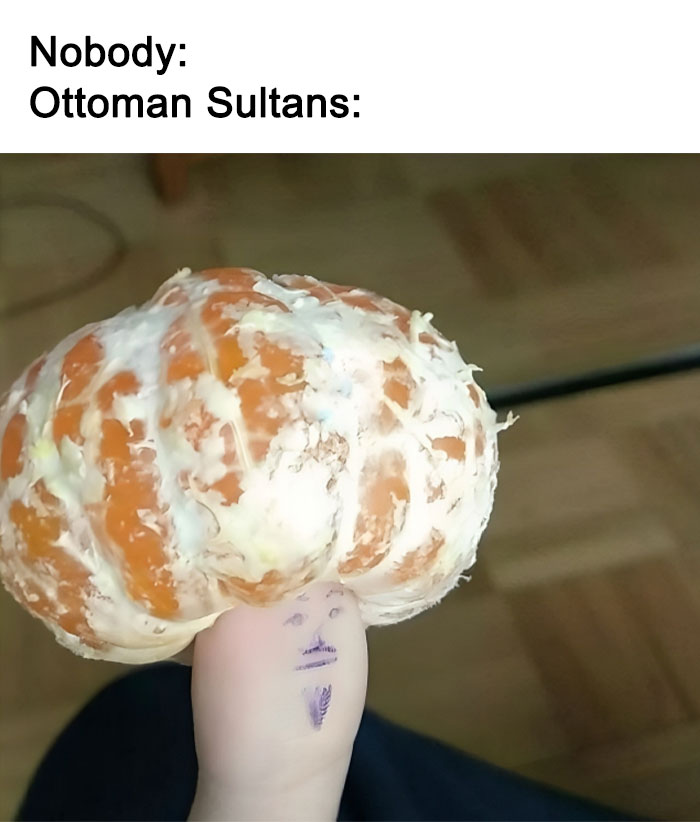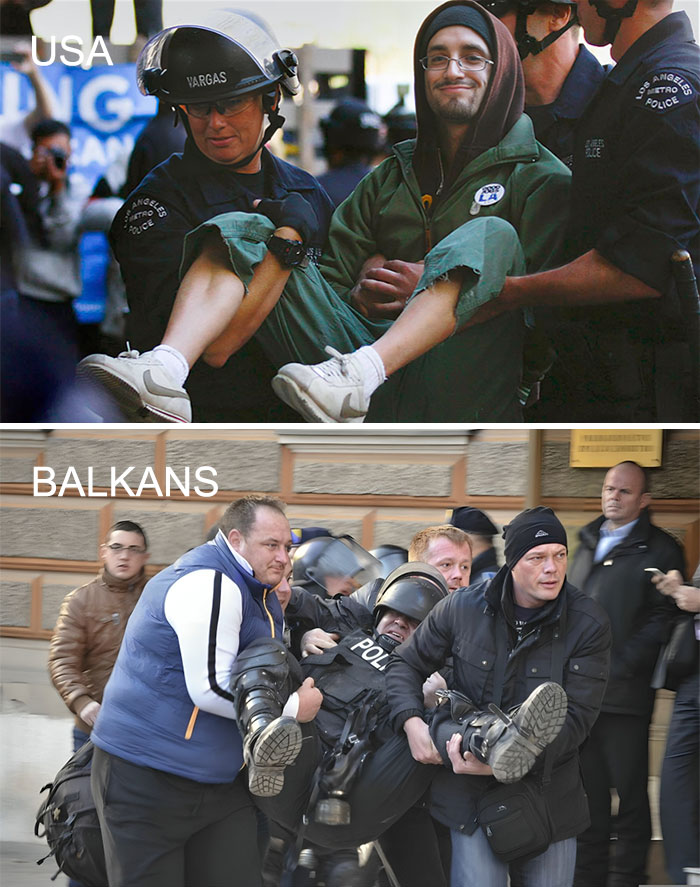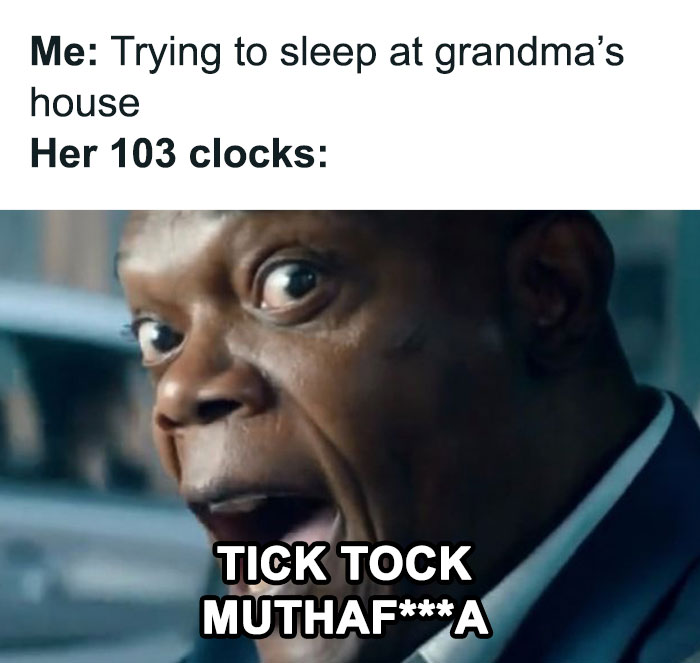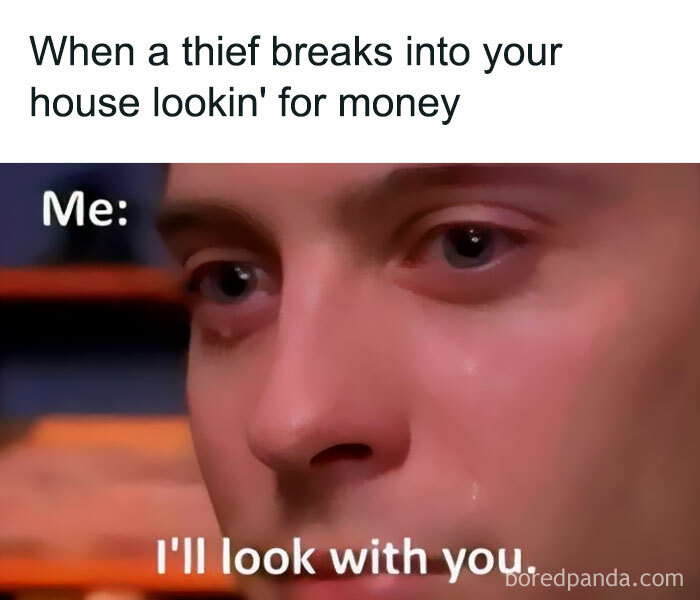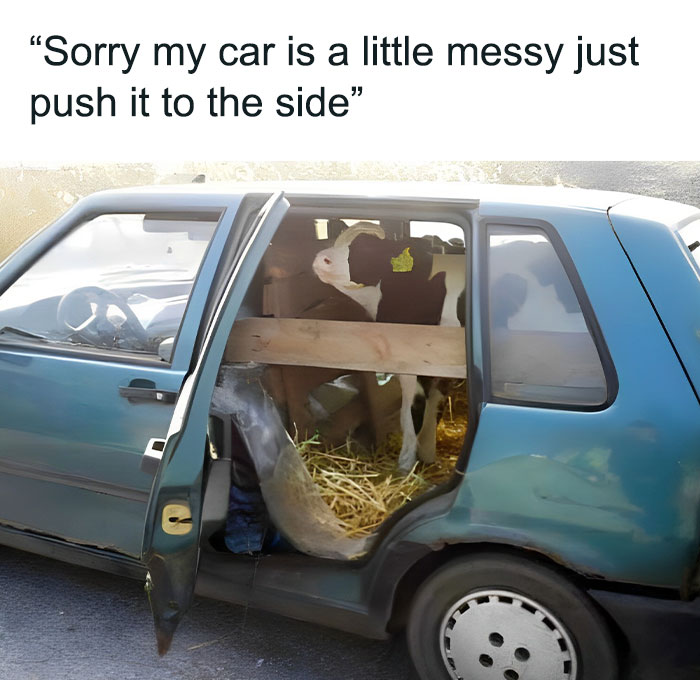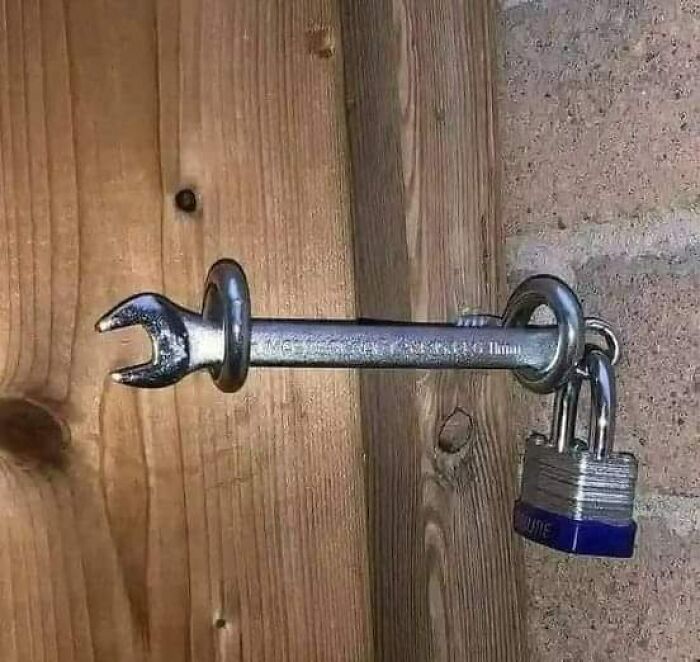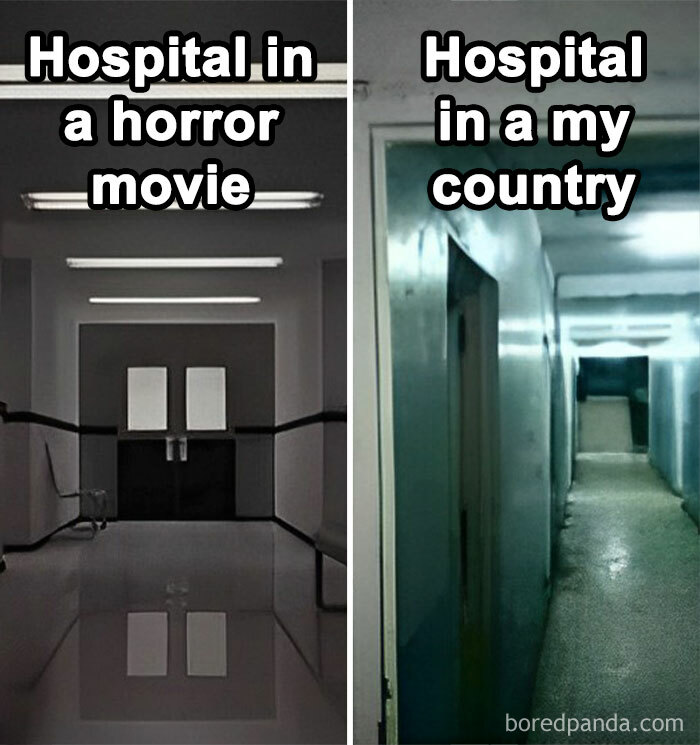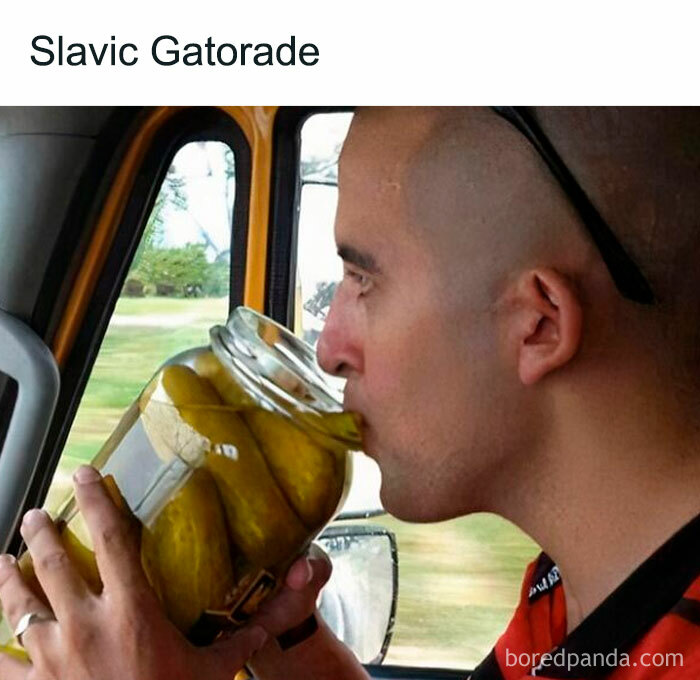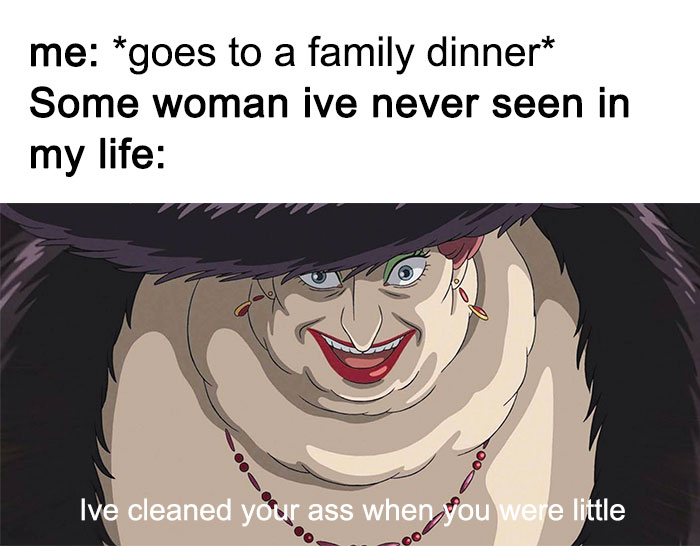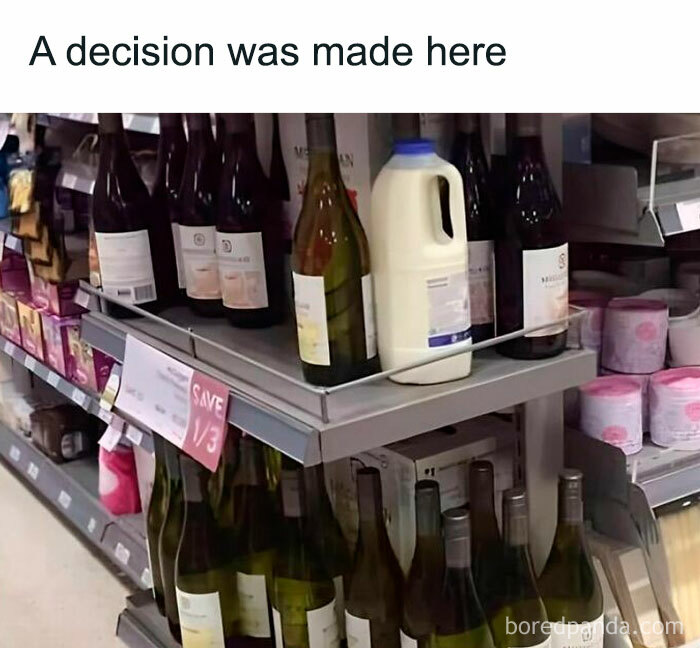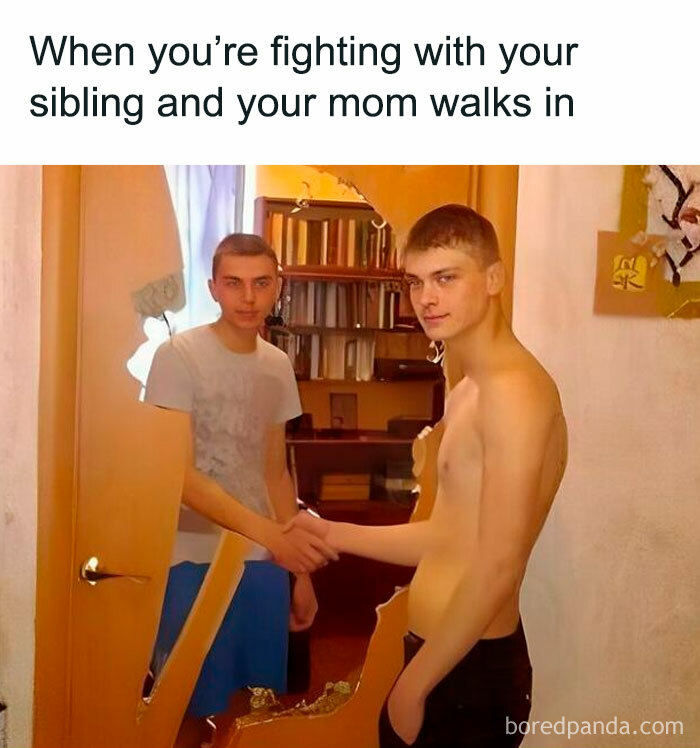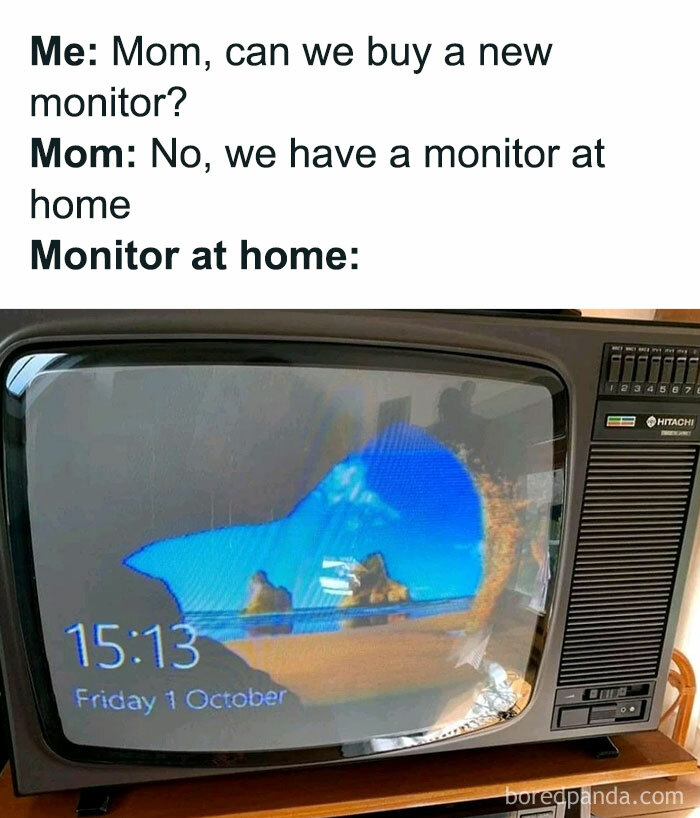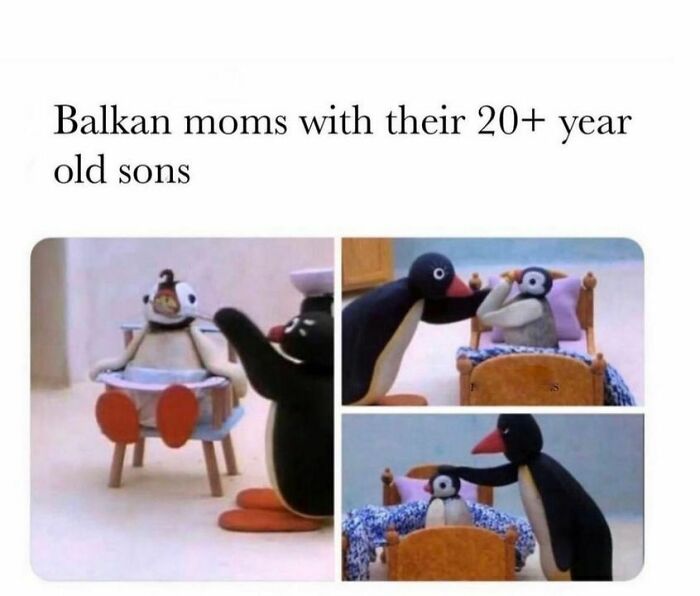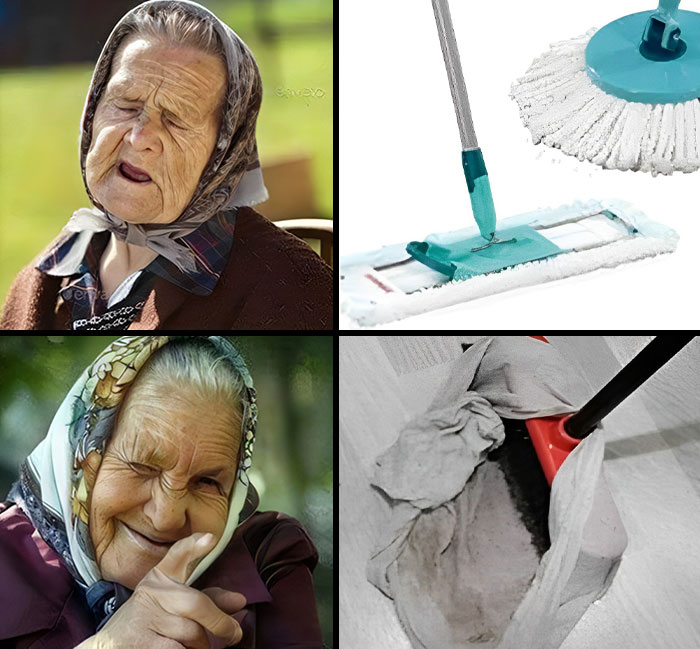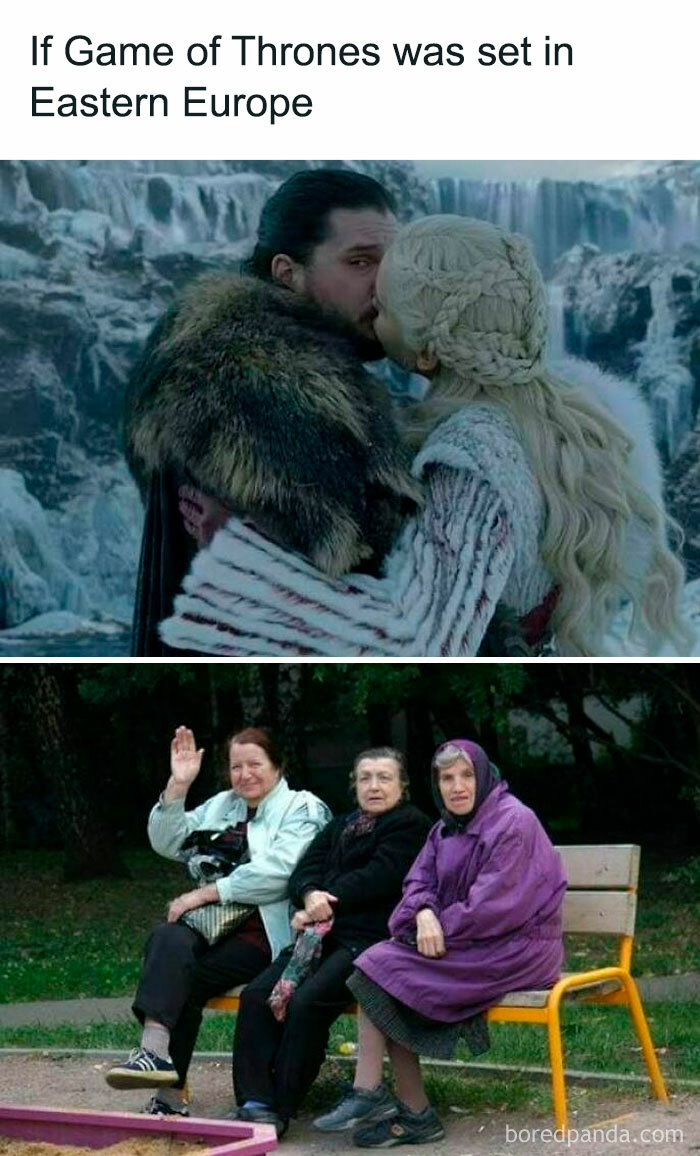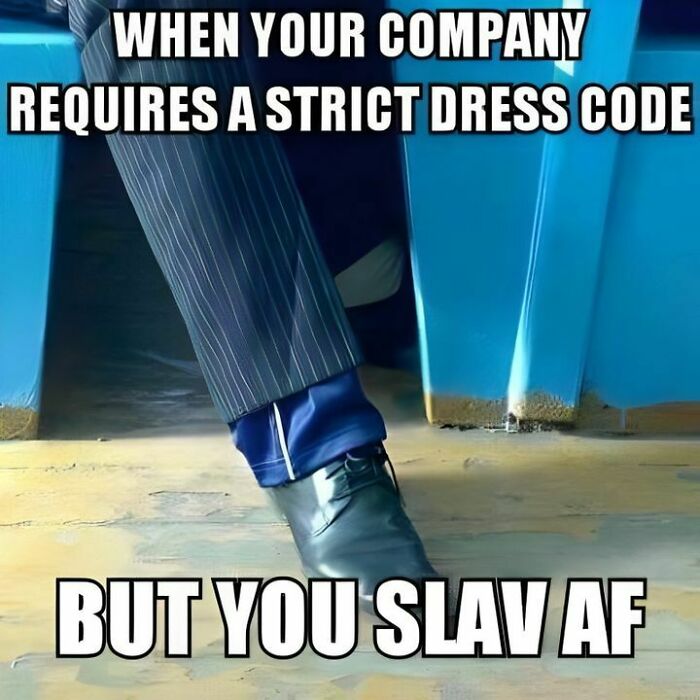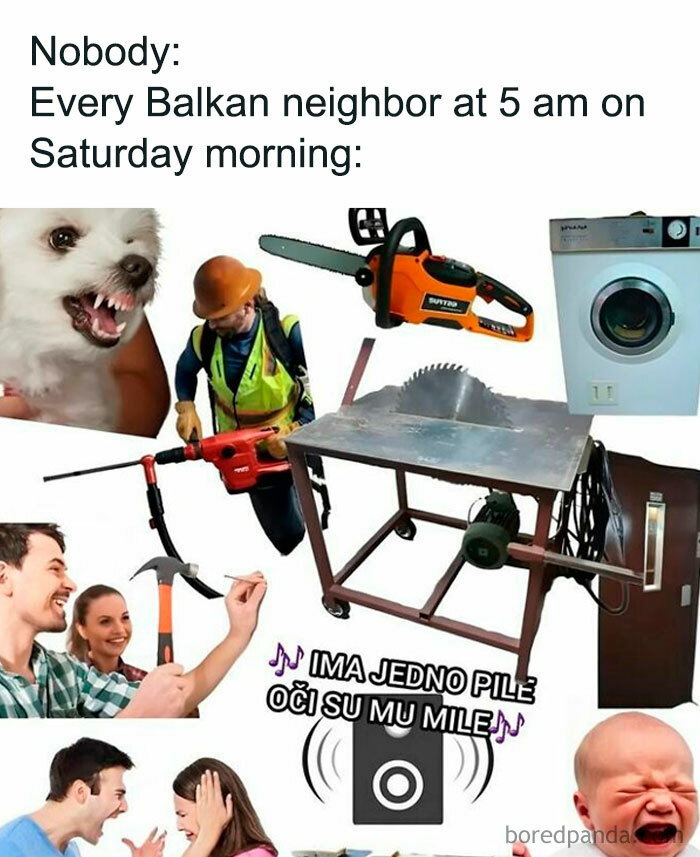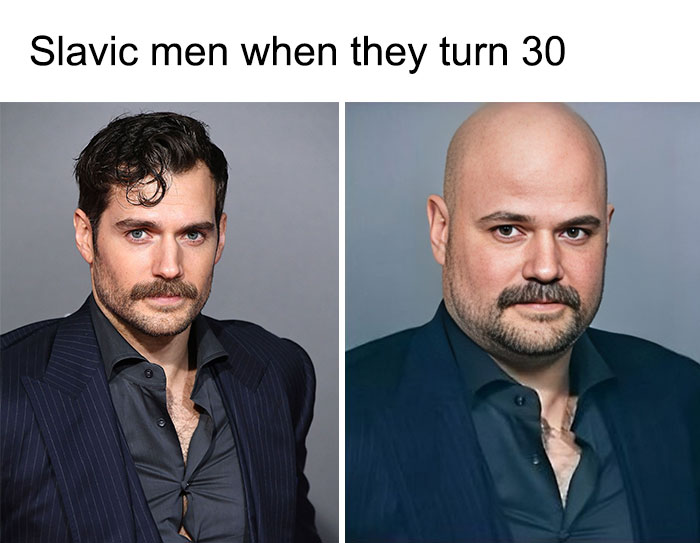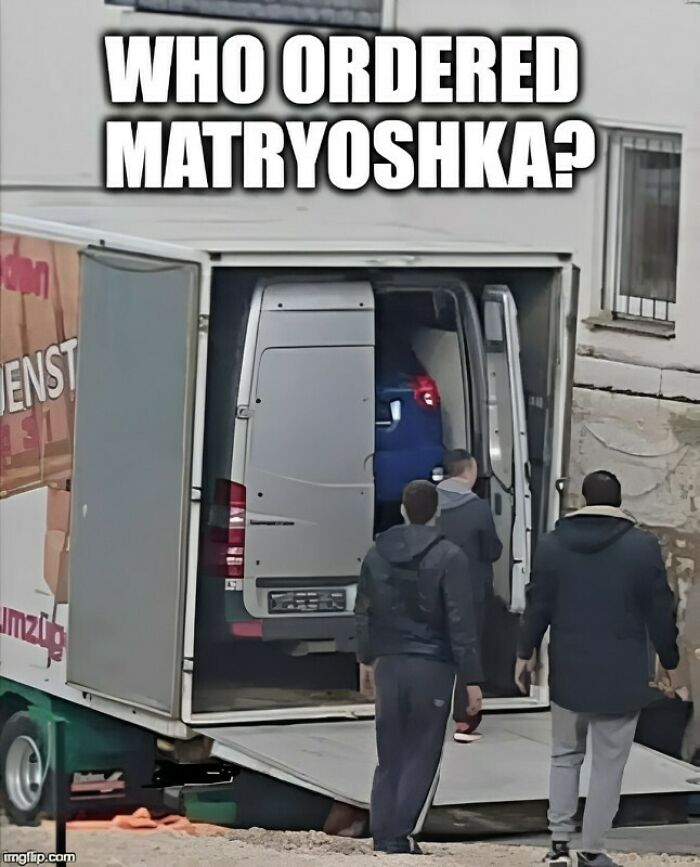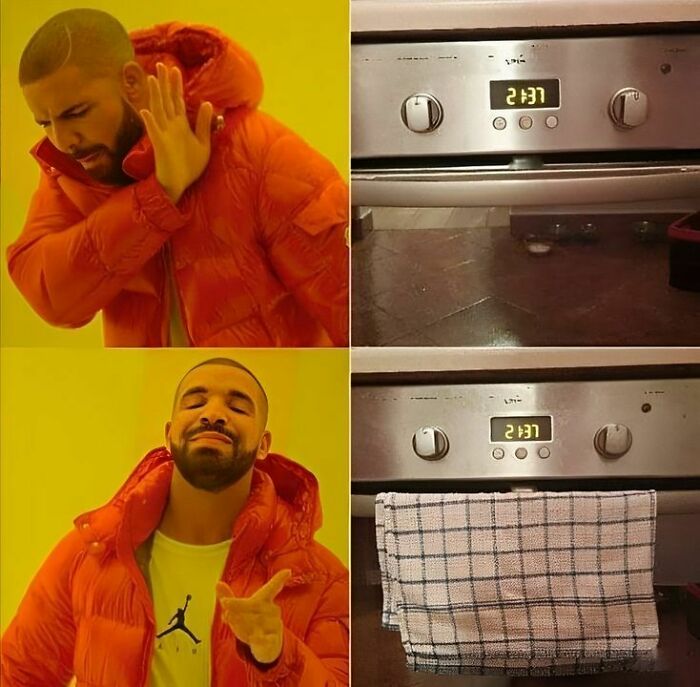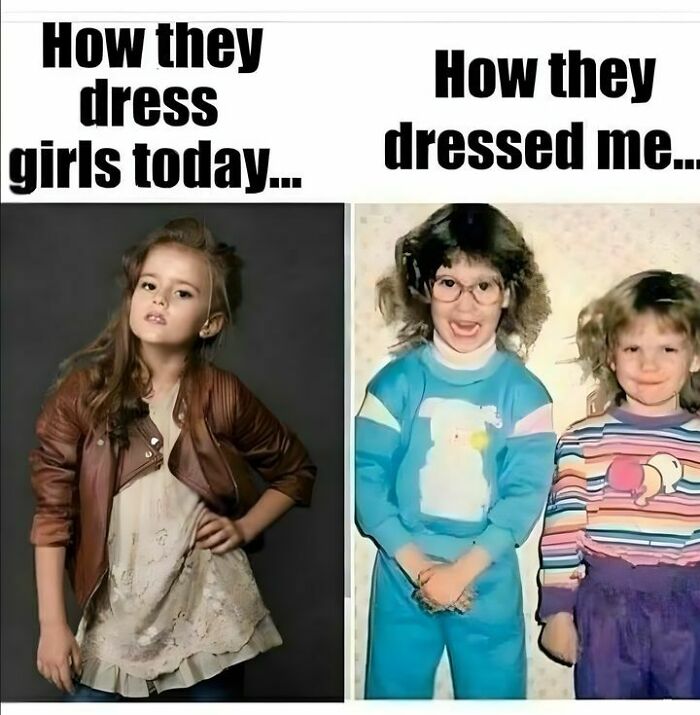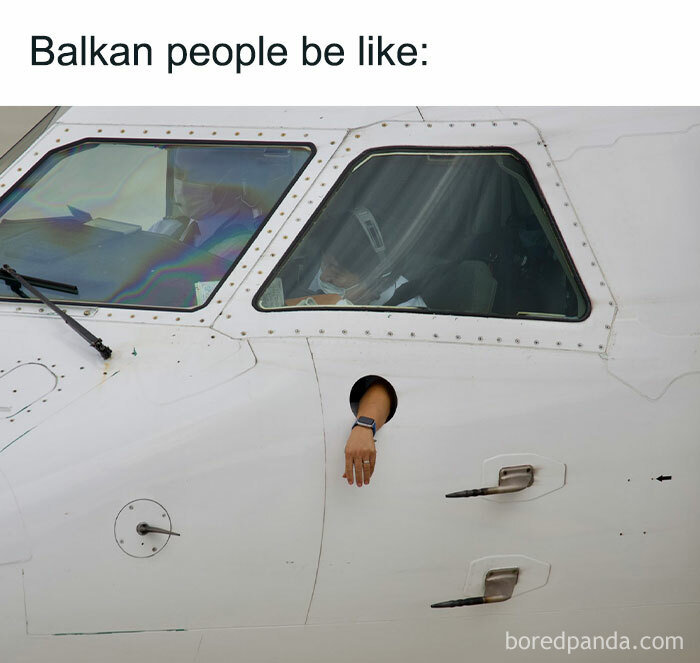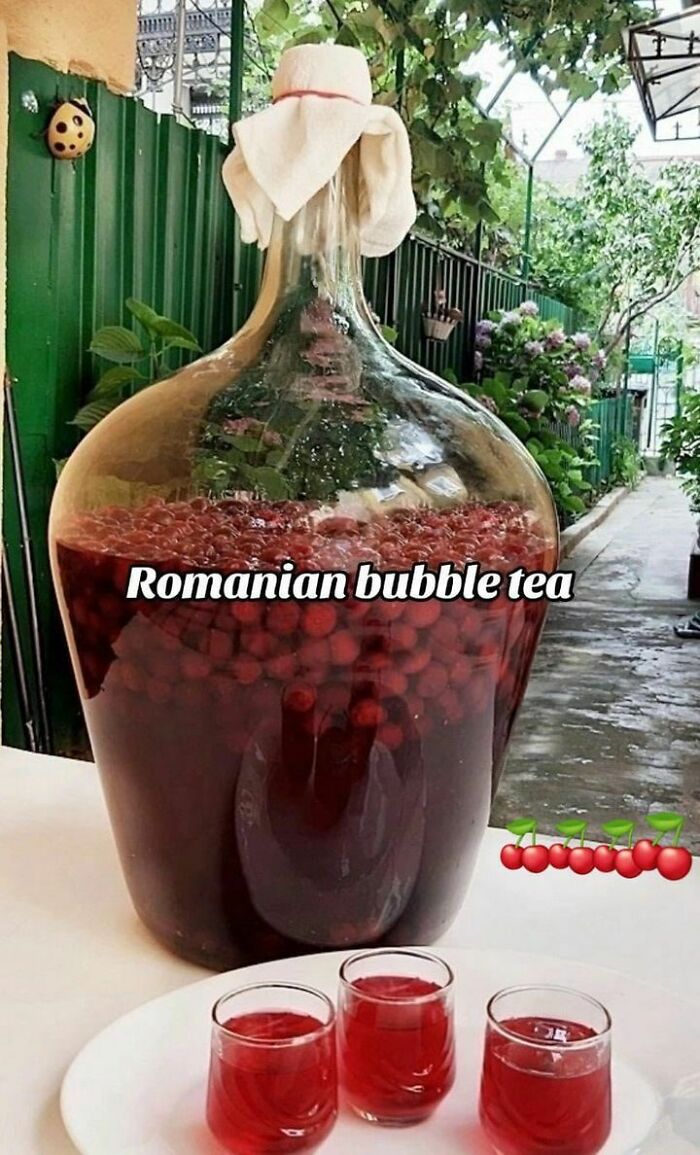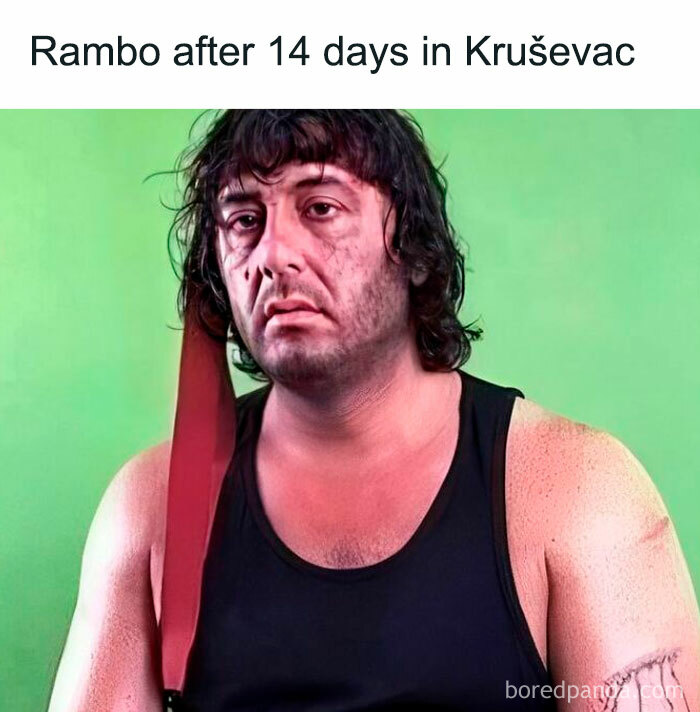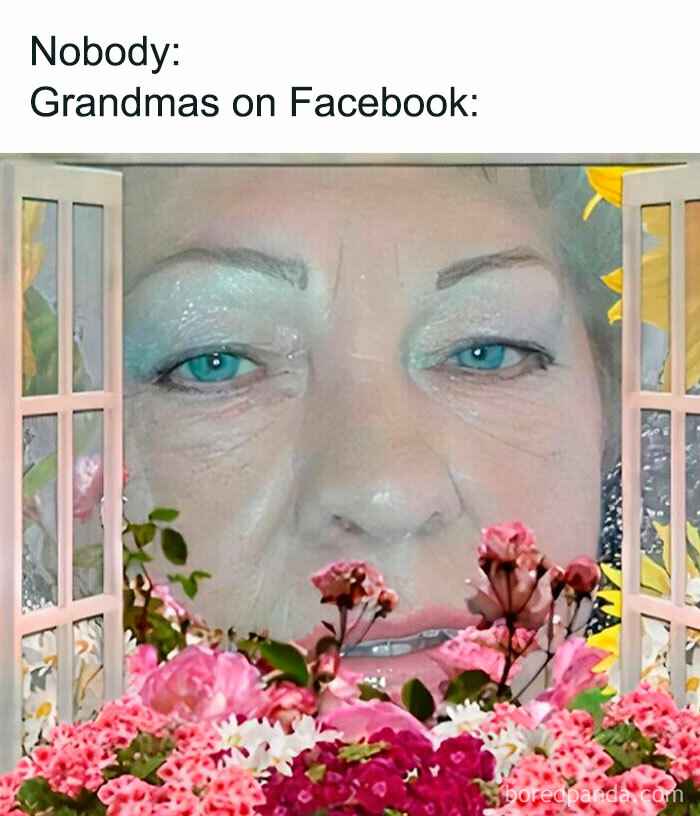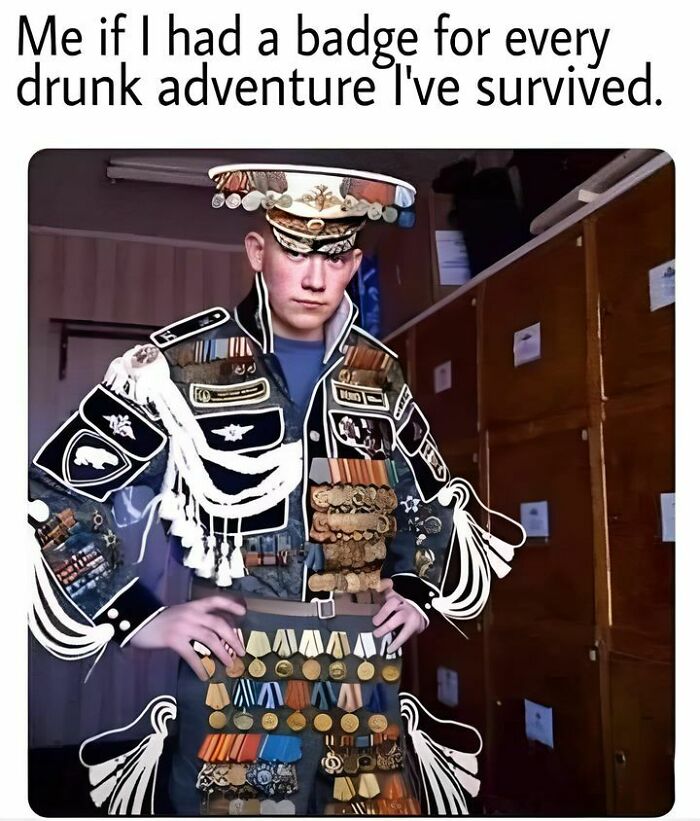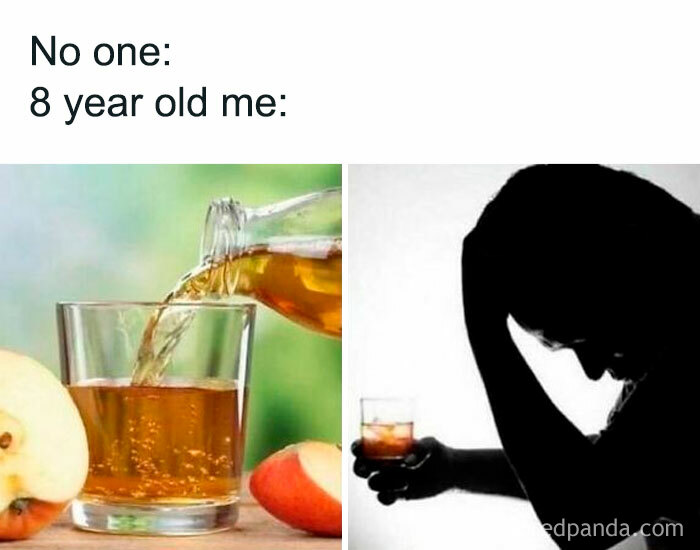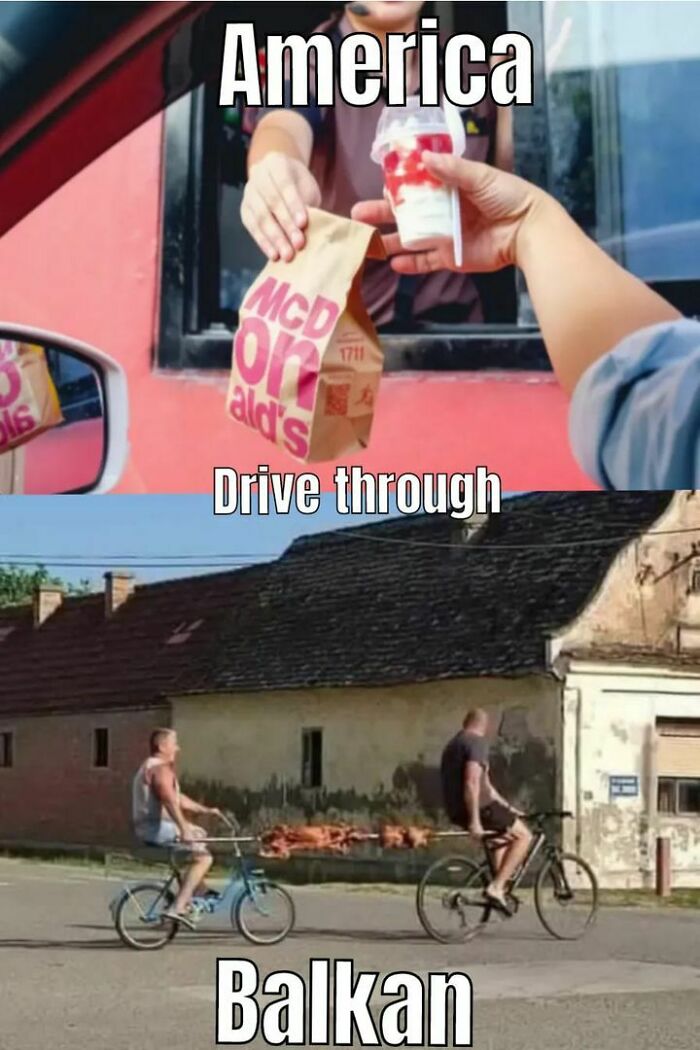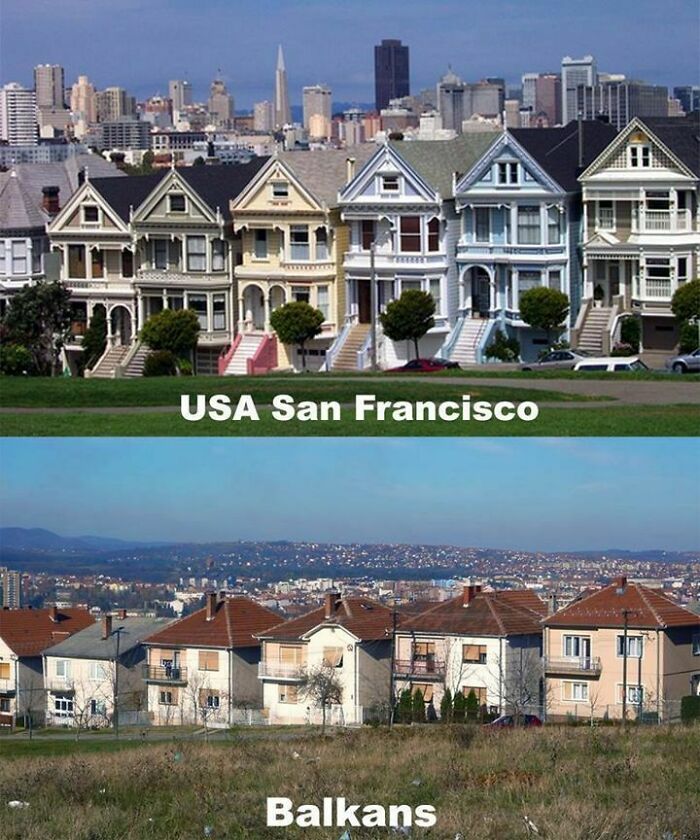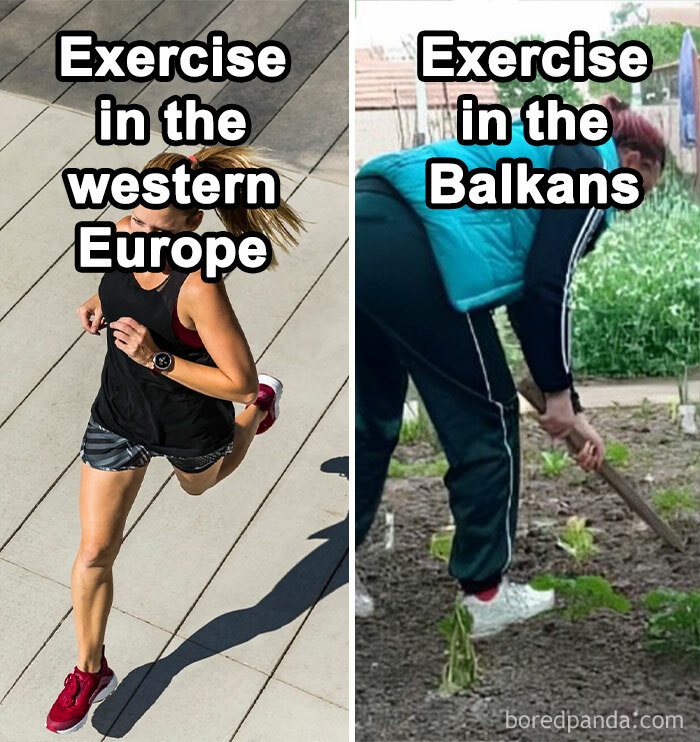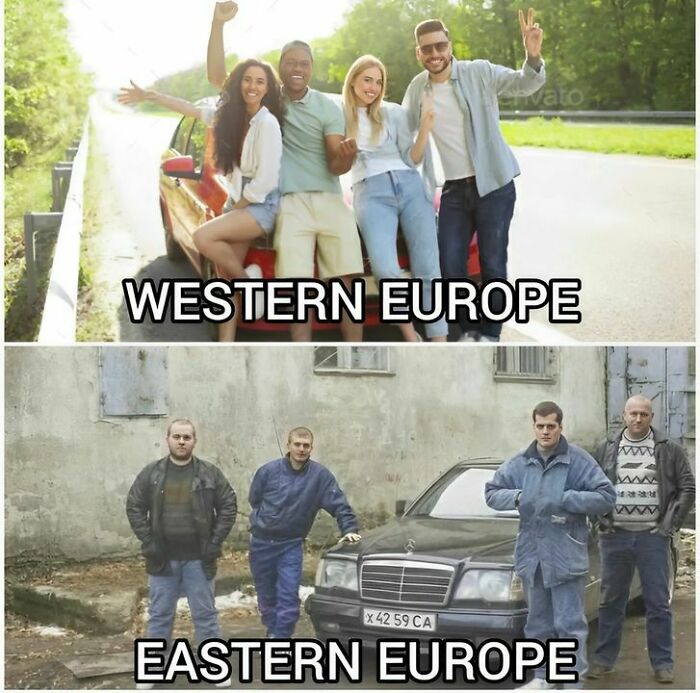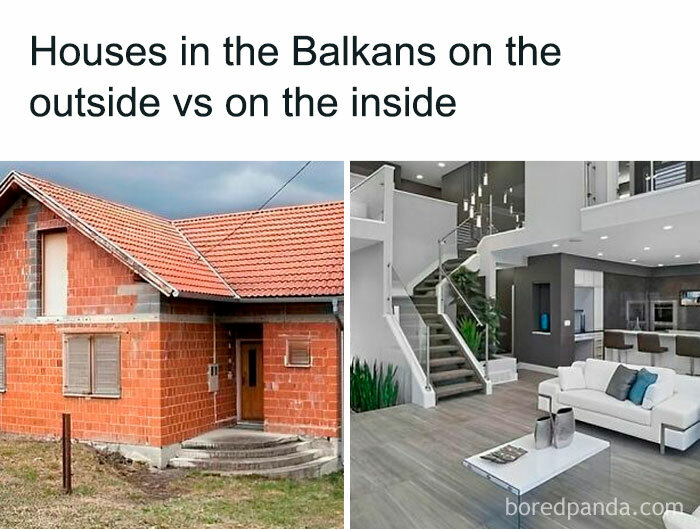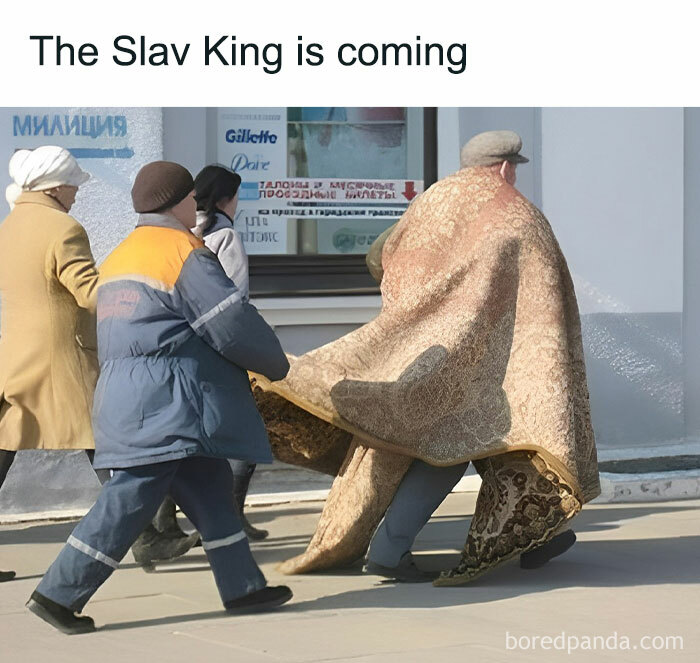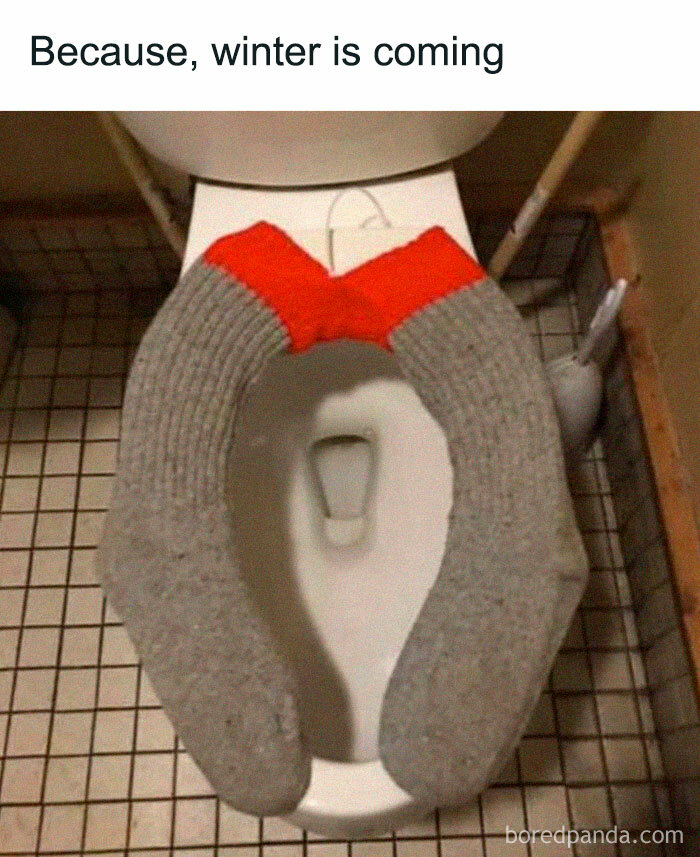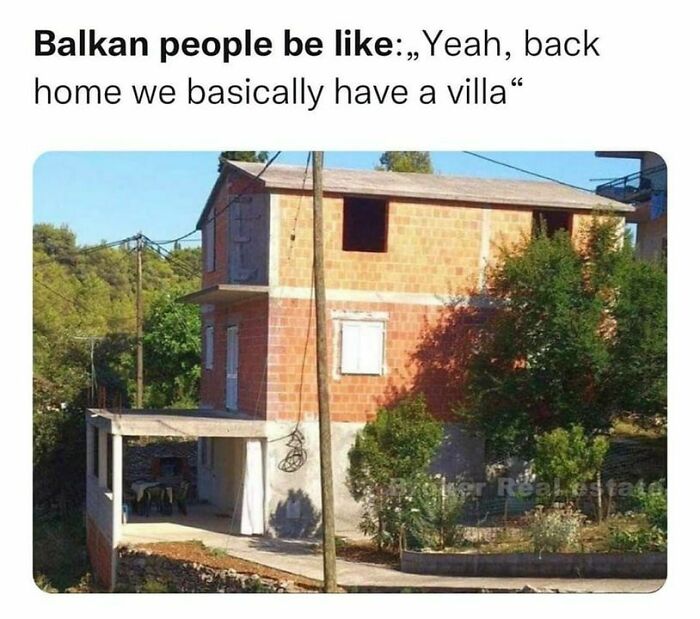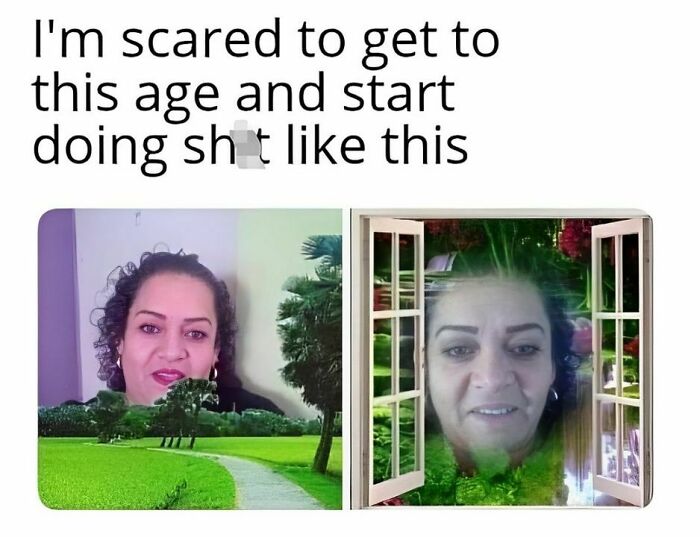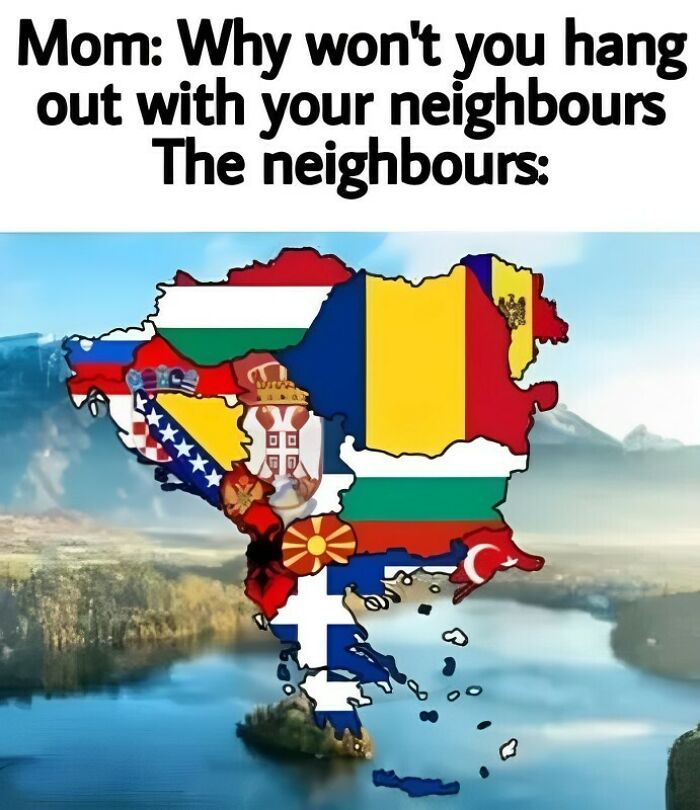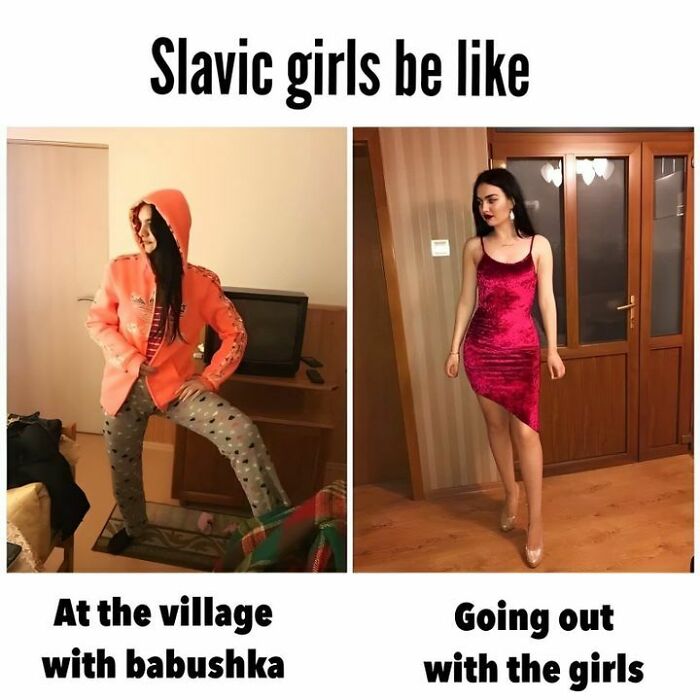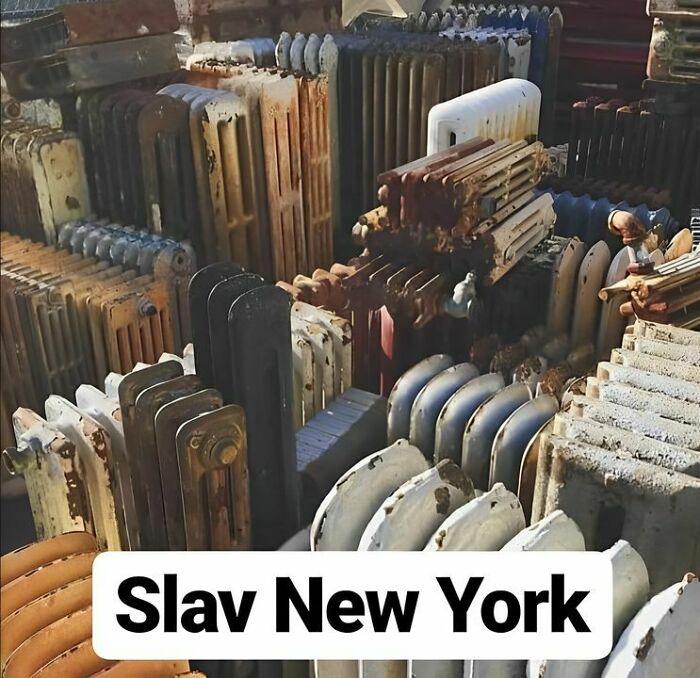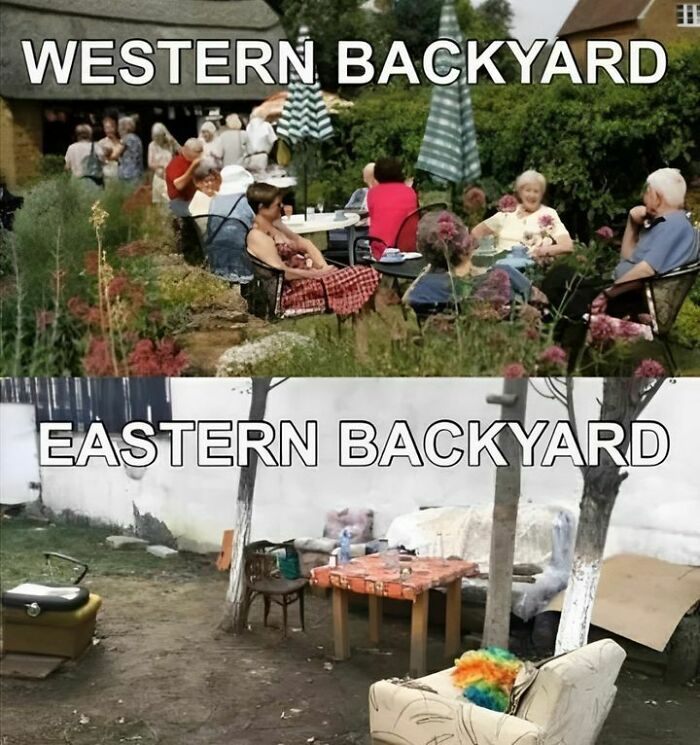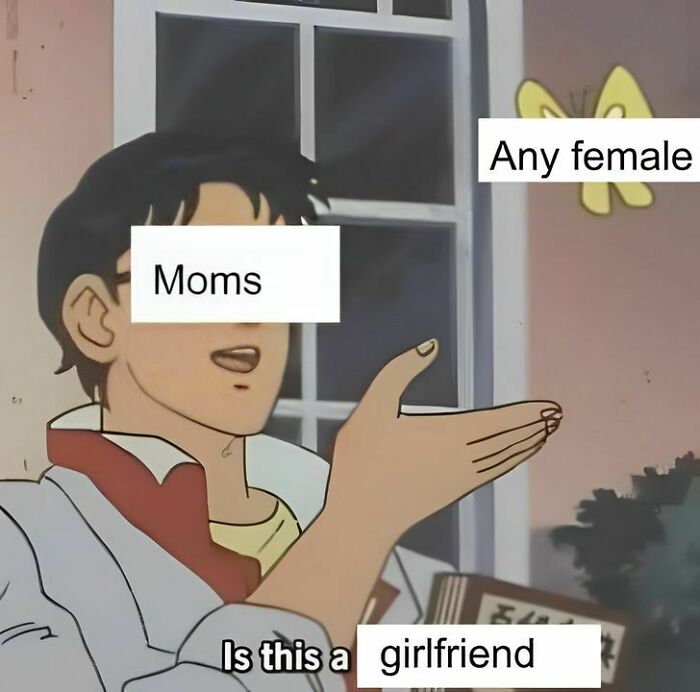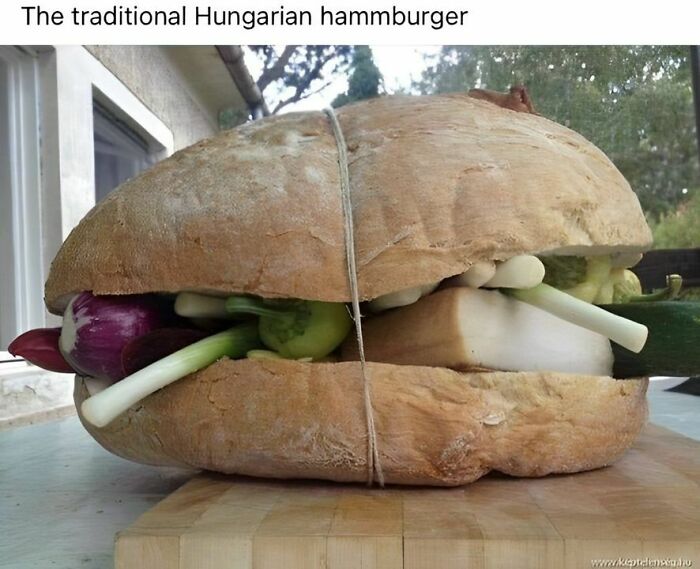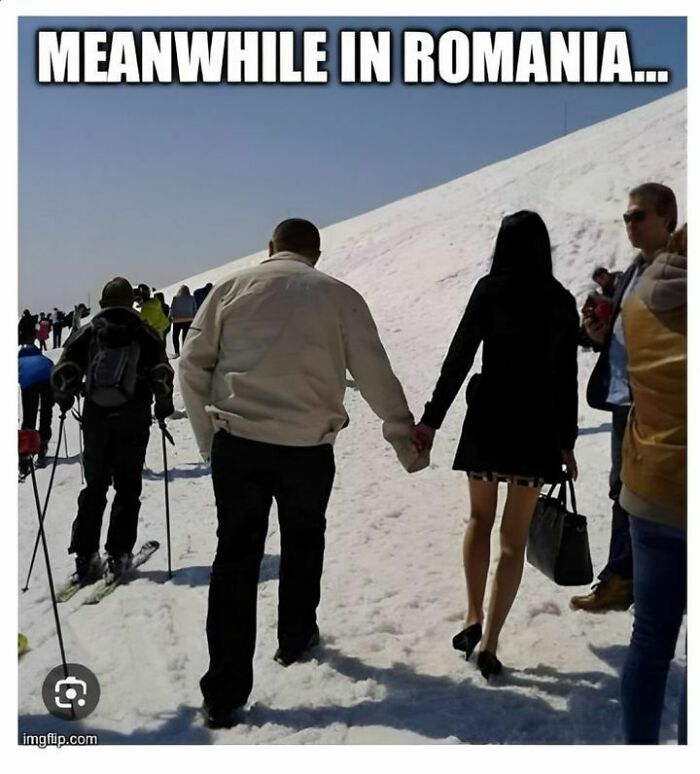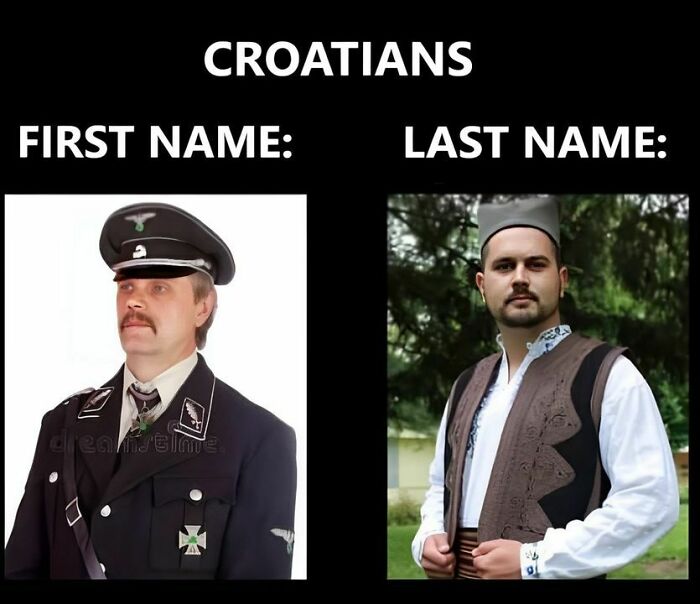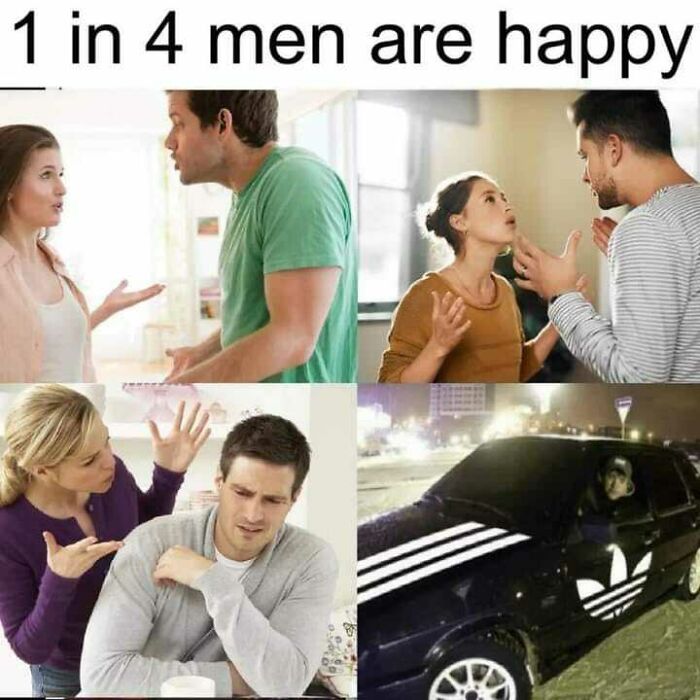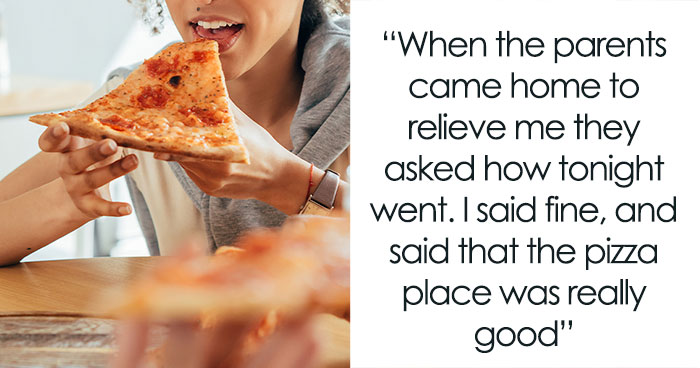
50 Funny And Relatable Memes For Everyone Who Is Just Trying To Survive In Eastern Europe
There are plenty of stereotypes about Eastern Europe—like the obsession with pickles, superstitious grandmas, and never-ending family gatherings. But some of these clichés are hilarious because they’re actually true.
And if you want proof, just head over to the Facebook page ‘Babushka.’ There, you’ll find memes that perfectly capture these everyday Eastern European realities. We’ve gathered some of their funniest posts—scroll down to see for yourself and upvote your favorites!
This post may include affiliate links.
With 536K followers, ‘Babushka’ on Facebook represents a figure most Eastern Europeans know well: the ever-present, powerful grandma—because in this part of the world, when grandma speaks, everyone listens.
But don’t be fooled; this page isn’t just about grandmas. It’s full of relatable memes that perfectly capture what it’s like to live and grow up in Eastern Europe (and yes, that includes Babushka insisting you eat more, no matter how full you are).
On the surface, memes are just funny pictures that entertain us as we scroll through our feeds. And for the most part, that’s what they’re intended to do, but they’re also much more than that.
Memes can convey complex ideas and emotions, especially when they resonate with a specific group. This is particularly true for Eastern European memes, which bring people together through unique experiences and cultural references.
“Niche memes are not meant to go viral,” says Idil Galip, a lecturer in new media and digital culture at the University of Amsterdam and founder of the Meme Studies Research Network. “They’re meant usually to create things like in-group belonging, something that kind of strengthens a sense of identity.”
Aquaman after 2 weeks in Bulgaria
ORRR after having children, a mortgage, and getting a 9-5 job. Speaking from experience...
Paolo Gerbaudo, a reader in digital politics and director of the Centre for Digital Culture at Kings College London, says that memes are “one of the clearest manifestations of the fact there is such a thing as digital culture.” He describes them as a “sort of a ready-made language with many kinds of stereotypes, symbols, situations. A palette that people can use, much like emojis, in a way, to convey a certain content.”
When it comes to belonging to a meme-subculture—relating to a very specific community—Gerbaudo explains that if you’re looking at a meme and “you get through the kind of enigma or mystery around that at face value,” you are likely part of the group it’s aimed at. “You understand [the] language, you understand the assumptions of the group,” he says.
The “niche-ness” of memes can be as specific as you can imagine. If there’s an interest or topic out there—whether it’s the Olympics or anime—chances are it has a dedicated corner on the internet. In fact, the more serious or difficult a subject is to discuss, the more likely it is to be turned into a meme, as memes offer a universal way to express what’s often hard to explain. For example, one study found that people with depression find memes about their condition funnier because they articulate feelings that are otherwise hard to vocalize.
Memes can also be a powerful tool in political or social movements. When the #MeToo movement gained traction in 2017 to expose sexual harassment against women, state censorship in China blocked hashtags related to the campaign. In response, internet users found a creative way to keep the conversation alive. This led to the creation of the “rice bunny” in 2018—a collection of images and emojis that might seem unrelated until you realize how it’s pronounced: “mi tu.” Through this clever workaround, Chinese women were able to share their stories and continue raising awareness.
Slavic Science
Using memes as a form of digital activism has become a vital way for people under oppressive regimes to express themselves, especially where open criticism of the establishment is not tolerated in mainstream media.
For instance, one study found that satirical memes on Moroccan Facebook pages, which were labeled as “just for fun” or “entertainment,” actually sparked subversive political discussions about the monarchy and encouraged people to get involved in politics.
My nan used to do this as the gherkin level went down. Yes I do take after her. (UK)
While memes are often used to resist political oppression, they are also leveraged by those in power to maintain control and influence public opinion. “[Memes] unsettle power balances and allow normal people to express their voice, to express their anxieties,” says Limor Shifman, a professor of communication at the Hebrew University of Jerusalem. “On the other hand… memes could also be forces of governments, they’re now used by powerful corporations, they’re also used by extremists of all kinds.”
A bottle of red...a bottle of white... Whatever kind of mood you're in tonight
But memes can also have a darker side, spreading misinformation and conspiracy theories that can impact the real world, as we saw during the Covid-19 pandemic. Rather than presenting complex ideas, memes often reduce conspiracies into small, bite-sized pieces of information that are easy to share and can shape the views of impressionable audiences.
“If you’re a vulnerable person, and you find someone or a group of people who share your views, you immediately feel a sense of belonging, and that kind of adds strength to your beliefs,” explains forensic psychiatrist Reena Panchal.
I did that for a while because I bought a terrible laptop and then broke the screen on it, but it was at least a flat screen!
Ultimately, whether memes have a positive or negative impact depends on how we use them. “Memes are neutral communication tools,” says Galip. “Their meaning is shaped by what you intend to express through them.” What’s clear is that these small images carry more significance than we might think, even when they’re just simple, funny jokes. So, enjoy them, but stay aware of what you’re engaging with online.
This reminds me of the kid that went to the school where I work not long ago, who just put her uniform over her pyjamas. Apparently it was her mum's fault because she rushed her too much!
On the brightside in Poland, there'd be less distracting you from the content of the lesson. That's good, right?
We also had this cigarette-looking chewing gum. It completed the image! 😂
How did this not get a comment? Kid getting thrown on the onion dicing grenade for tears?
Rare picture of infamous serial killer couple posing moments after they've just decapitated someone.
As someone who has done that and woke up with muscle pains, yes lol
Barbie after one week in Balkans.
American here. I would feel much more comfortable in the eastern backyard. My kind of people.
I love Eastern Europe. We just got back from Georgia, and I'm starting to plan our holidays for next year, if I can convince the hubby, the next stop is Bulgaria. (And don't get me started on how beautiful Croatia and Montenegro is, I could go on forever)
My wife and her sister went to Croatia a few years ago. I was so jealous as the pictures she sent me were just of a gorgeous country
Load More Replies...So the eastern european in me is a bit more stronger than my dad let on if this list is accurate 🤣
I love Eastern Europe. We just got back from Georgia, and I'm starting to plan our holidays for next year, if I can convince the hubby, the next stop is Bulgaria. (And don't get me started on how beautiful Croatia and Montenegro is, I could go on forever)
My wife and her sister went to Croatia a few years ago. I was so jealous as the pictures she sent me were just of a gorgeous country
Load More Replies...So the eastern european in me is a bit more stronger than my dad let on if this list is accurate 🤣

 Dark Mode
Dark Mode 

 No fees, cancel anytime
No fees, cancel anytime 






